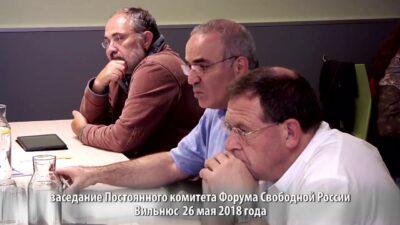Ukrainian President Volodymyr Zelensky will not attend the next NATO summit unless Kyiv receives an invitation to join the alliance, a diplomatic adviser to the Ukrainian leader, Igor Zhovkva, has said.
He recalled that Ukraine had applied for membership on September 30, 2022 and hoped that the NATO summit in Vilnius on 11–12 July would respond to it.
“This application is now on the tables of leaders of NATO allies. The Vilnius summit would be a very good start to respond to this application. And by response, we mean an invitation to membership, which is only the first step”, Zhovkva said (quoted by Reuters).
According to him, Zelensky “has no reason and no time to go if there is no result at the summit in Vilnius”. He also pointed out that last year Sweden and Finland also applied to join NATO, and Helsinki had already joined the alliance.
Kyiv considers it possible to resolve this issue in conditions of war with Russia, Zelensky’s aide said. During the standoff, Ukraine has demonstrated that the country deserves to be part of transatlantic security. “We ask to start the procedure”, Zhovkva stressed.
The Ukrainian president must make the final decision whether or not to go to the summit on the eve of the event, his office said earlier. Zelensky’s absence will overshadow any demonstration of Western unity at the summit, Reuters believes.
Previously, Zelensky said that Ukraine would like to hear at the summit in Vilnius “something more than ‘open doors”. He added that Kyiv understood that the country would not be able to join the bloc as long as there was fighting on its territory.
NATO Secretary General Jens Stoltenberg promised to send a clear signal to Kyiv at the upcoming summit and make it clear: the country’s future in NATO. However, a prerequisite for any meaningful discussion of Kyiv’s membership in the alliance is a Ukrainian victory in the war with Russia.
The Kremlin, meanwhile, has named one of the goals of the war against Ukraine as preventing it from joining NATO. “Because otherwise it will pose a serious threat to the security of our country”, said Russian presidential spokesman Dmitry Peskov.





